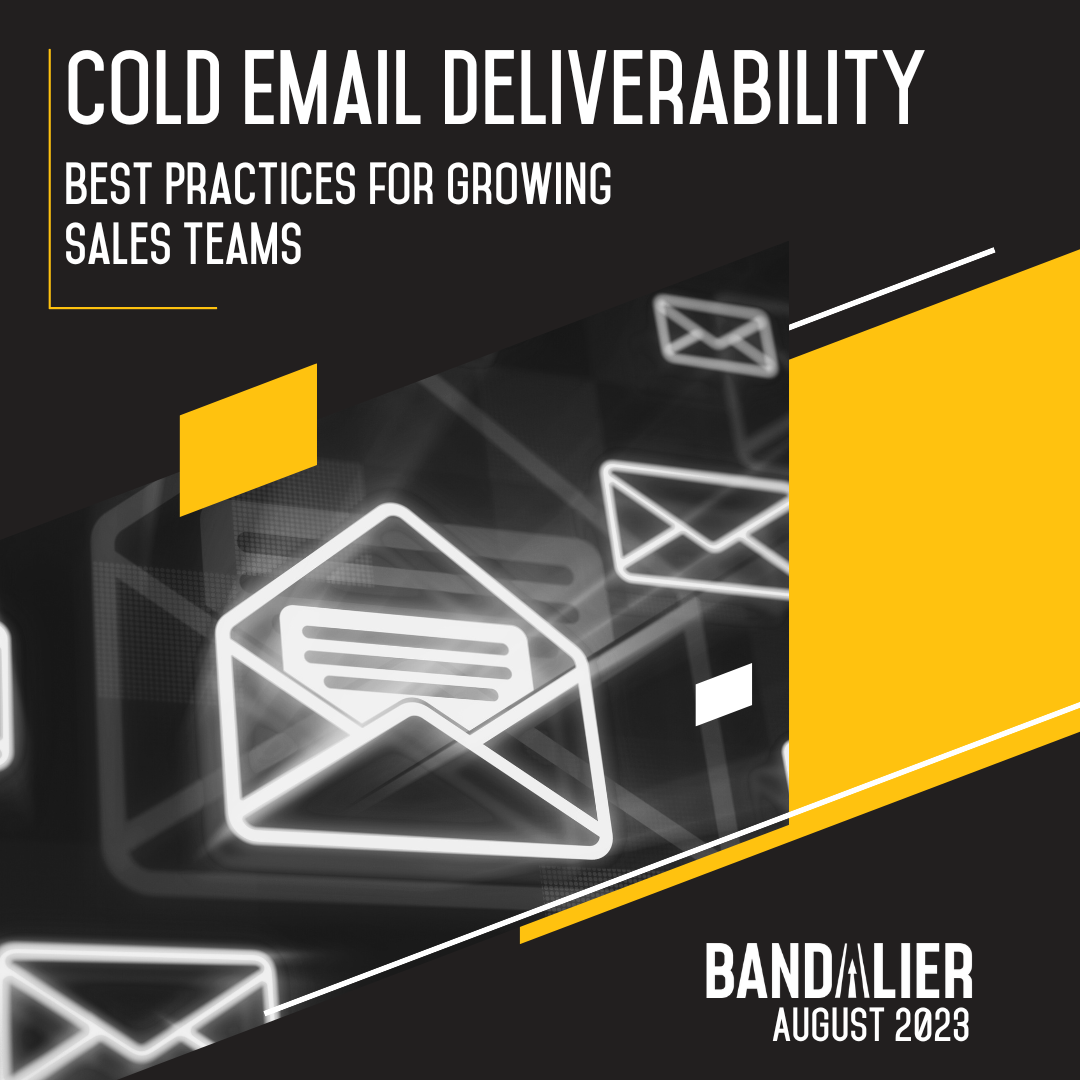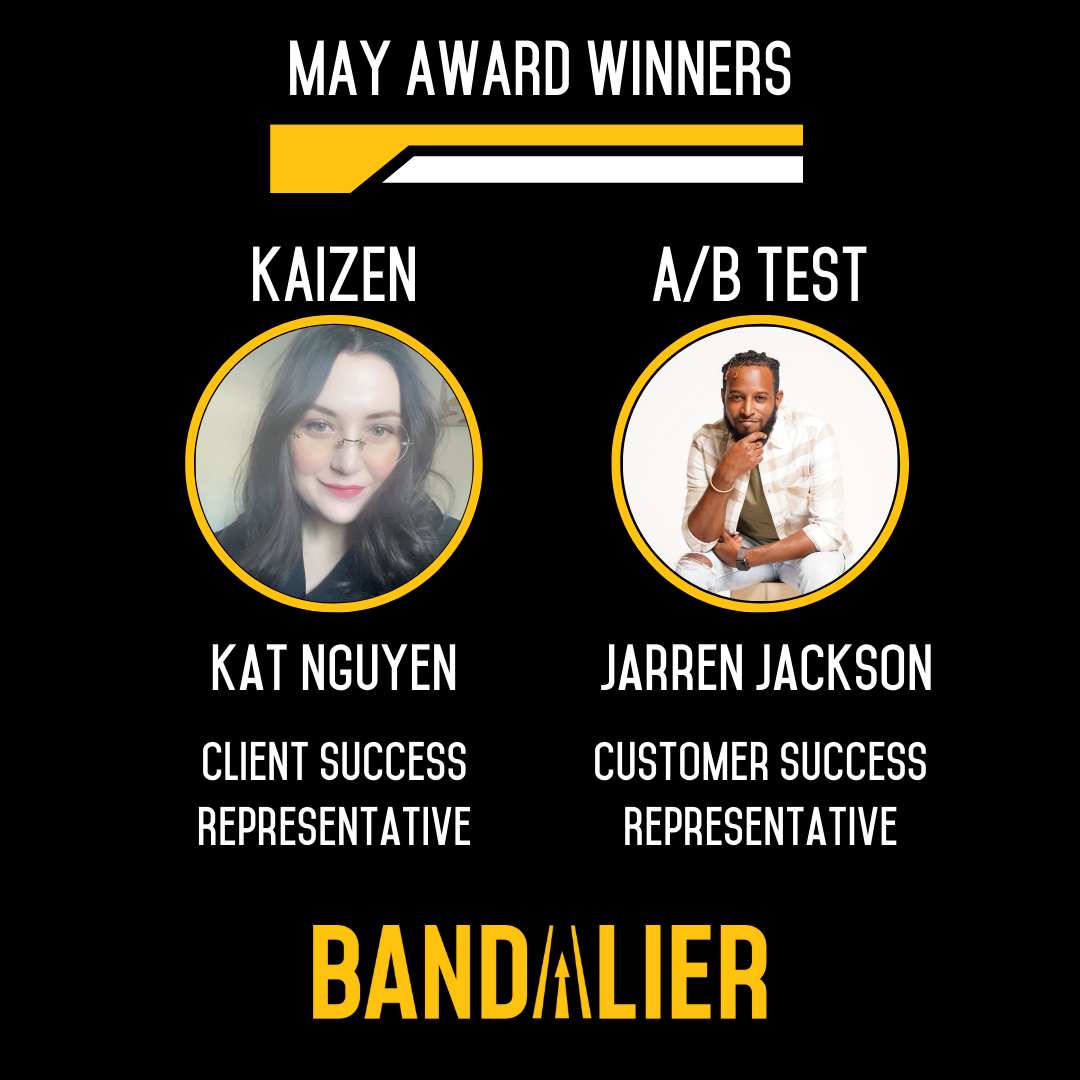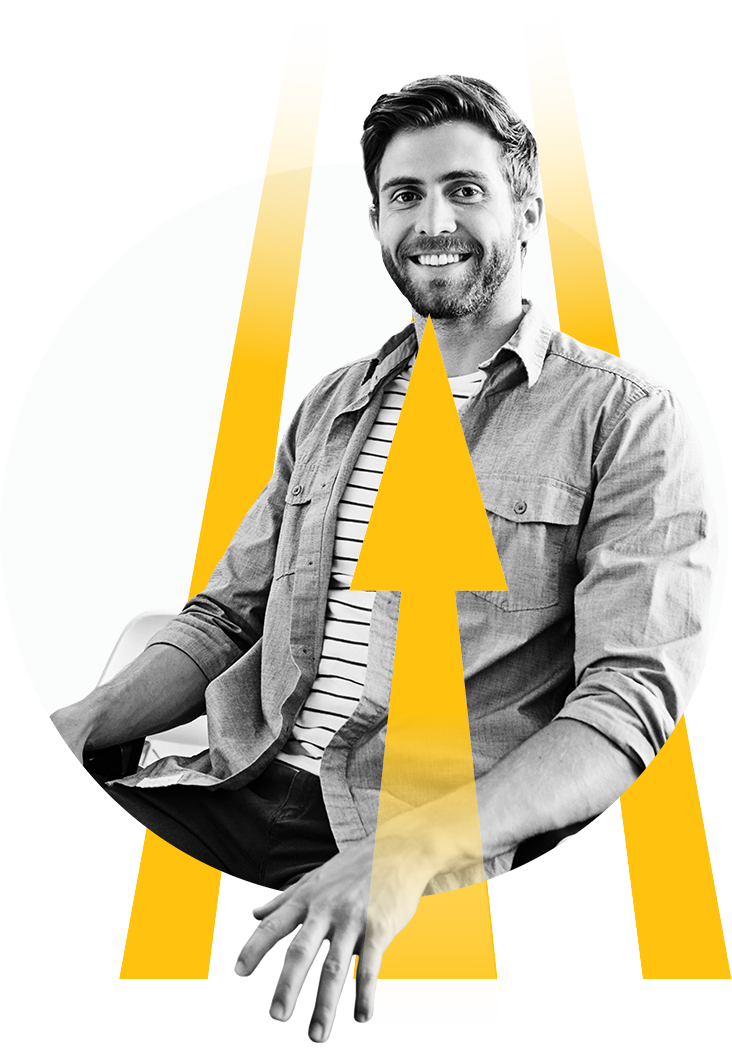Bandalier University: Starting Sales
When new team members are getting started with Bandalier, they’re coming into a fast-paced startup environment, and many of them are making cold calls for the first time. Our team members have diverse past experiences. Some are coming to Bandalier from the retail and hospitality industries, some are artists and entertainers, and others are just starting their careers. We take all of our team members through Bandalier University during their first two weeks with us.
We get rave reviews from our team members, so we’re taking some time today to talk through our training process. For a quicker overview, check out other parts of our website that have a few features about Bandalier U.
Structure & Scaffolding of Bandalier University
As our team expanded across the country and adapted to remote work, we realized we needed to adapt our training model. This was a perfect opportunity for our Head of Operations, Matt Scanlon, to build something new. Using his years of experience as a sales trainer and manager, he created an in-depth sales bootcamp that takes new reps through the fundamentals of inside sales.
Our curriculum starts with the psychology of sales. Next, we teach reps about every step of a cold call. Reps rounds out their training with email and LinkedIn best practices. Our training is powered by Thinkific and developed alongside the Bandalier alumni of Incubate Media. Bandalier University offers a robust training experience that helps new reps get ready to make their first-ever sales calls.
Laying the Foundation
Bandalier University’s curriculum is built around learning new skills and reinforcing them. New team members are introduced to sales concepts through our 10 self-paced modules. Each section includes videos explaining techniques, and are followed by multiple-choice, short answer, and video assessments to independently test their retention of those techniques from that module.
What sets Bandalier University apart is our live reinforcement component. Videos and independent practice are a great starting point, but we’ve found it’s tough to truly teach somebody customer-facing skills just through video and basic assessments. In order to really ramp up somebody’s skill set, there is no substitute for live work with a trainer where they can get feedback on what they’re doing well and what needs improvement.
As a result, every day of the two-week bootcamp includes two different types of live coaching sessions, small group and one on one.
Focusing on The Details
For small group work, we have new hires meet at the end of every day with our Learning and Development team for an hour to reinforce some of the concepts they’ve learned in training. This could be by doing roleplays on objection handling, active listening exercises, practicing email personalizations live, or even listening back to their own or other team members recorded roleplays in training and doing a call review.
We’ve found peer to peer feedback in those sessions to be an incredibly useful tool in addition to peer-to-peer learning. Given that it’s common for one trainee to be struggling in an area another trainee is excelling in and vice versa, which just listening to different styles has produced a lot of a-ha moments in training.
Secondly, one on one coaching sessions are where we get to work with reps the closest so we make a point of ensuring each rep gets a one-on-one coaching session every day. In these coaching sessions, we do a handful of recorded roleplays practicing different real-life scenarios and customer personas each time to give them a taste of what real outreach will feel like.
Both in between roleplays and at the end of the coaching session we make sure to solicit feedback on what they feel like they are doing well and what could use some coaching, as well as offer our insights on the same. Each trainee leaves a coaching session with clear-cut next steps on what to work on over the next day before their next coaching session.
Building Professional Skills
In addition to honing their sales skills, trainees spend a large chunk of time learning other professional skills. We teach client-facing skills through a client communications workshop. Followed up by a series of mock client calls where trainees are able to work on building their client-facing skills. We spend time taking them through systems training where they can learn the basics of G-suite, Slack, and Zoom. Also, they are introduced to more advanced systems like Salesforce, HubSpot, Outreach, etc.
Lastly, we offer optional courses to supplement Bandalier University’s courses to make sure all of our reps are starting on the same page. This includes Business Writing courses to help refine reps’ email and scriptwriting skills. It also includes professionalism courses to discuss expectations of a business environment. To help develop the skills reps want to build over their time at Bandalier, we provide general training sessions too.
Staying Sharp
There’s always more to learn, and that’s especially true in the sales industry. In order to support our team members, we make sure to offer ongoing training sessions even after Bandalier University ends. As part of our 6-month curriculum, our team members will go through the anatomy of a sales call each week. From the opening to the closing, they’ll work with their Program Manager to thoroughly understand what they can do to improve their calls at each stage.
It is encouraged that our team members speak up when they need training. We save time for our team to train each week during Workshop Wednesdays. We try to center that training around topics that our team is working on at that time.
If you’re interested in joining a team that’s always learning, head over to our careers page to apply. If you’re ready to start building a well-trained sales team, set up a demo with our team.
Coauthored by Abagael Rudock and Daniel Pressman.
“Think small and act small, and we’ll get bigger. Think big and act big, and we’ll get smaller.”
Herb Kelleher













